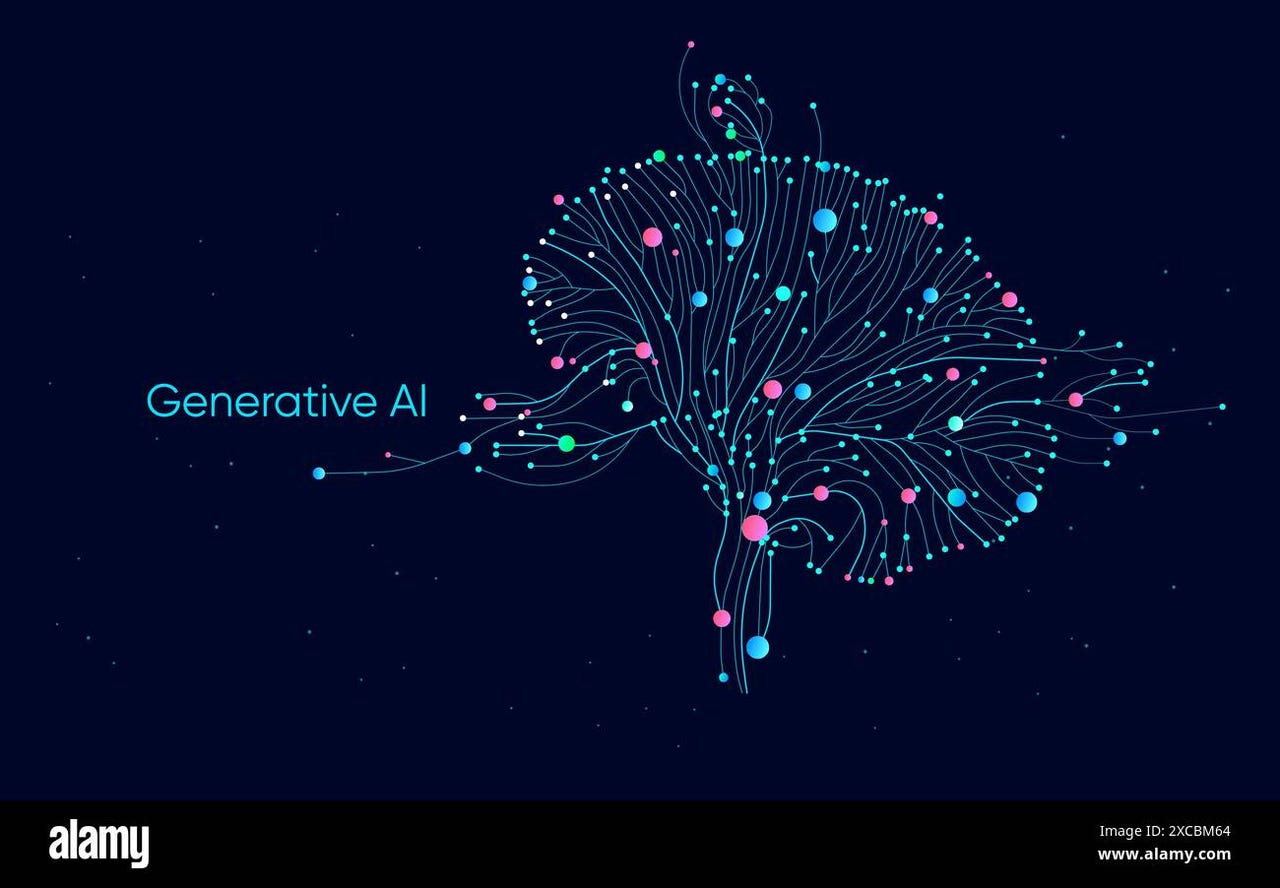AI-powered GCCs: why India is leading the global shift in 2025
India’s GCCs are evolving into innovation hubs with AI at the core, driving enterprise value and reshaping global operating models.


India is fast positioning itself as a global powerhouse in the transformation of Global Capability Centres (GCCs). No longer limited to back-office operations, these centres are now becoming critical to enterprise innovation, efficiency, and value creation. A recent Boston Consulting Group (BCG) report highlights that only 8% of GCCs have reached a mature stage in driving core business value—through innovation, competitive advantage, and operational excellence.
India's advantage in the global GCC landscape
India holds a unique edge in the global GCC ecosystem by bringing together scale, innovation potential, and operational efficiency. With over 1,700 GCCs currently operating and forecasts suggesting the number could rise to 2,200 by 2029, the country's appeal lies in its deep talent pool and cost-effective workforce. This makes India a preferred location for multinationals looking to set up strategic global operations.
Artificial intelligence as a growth driver
Artificial Intelligence (AI) is playing a pivotal role in accelerating the maturity of GCCs. In fact, more than 90% of leading GCCs have launched or expanded AI-focused centres of excellence over the last year and a half. These centres are no longer limited to experimental projects; they are now deeply embedded in operational workflows, unlocking new efficiencies and enabling enterprise-wide innovation.
What sets leading GCCs apart
According to BCG, there are nine critical enablers that distinguish high-performing GCCs. Key among them are:
- Embedded leadership: Robust governance and decision-making within the GCC structure.
- Dedicated innovation budgets: Focused financial commitment to R&D and experimentation.
- AI-first thinking: Strategic use of AI in core operations to enhance productivity.
- Microservices and modular architecture: Scalable systems that boost agility and integration.
Around 70% of the top-performing GCCs are entrusted with global responsibilities and function under centralised or semi-centralised models, which enhances alignment and impact.
A strategic evolution in role and value
GCCs are undergoing a fundamental shift—from acting as support functions to becoming innovation and growth engines. Many are hiring strategically, tapping into unexploited opportunities, and redesigning business processes to deliver differentiated outcomes. This evolving role underscores their significance in global enterprise transformation.






























































.jpg)















































































































![[The AI Show Episode 151]: Anthropic CEO: AI Will Destroy 50% of Entry-Level Jobs, Veo 3’s Scary Lifelike Videos, Meta Aims to Fully Automate Ads & Perplexity’s Burning Cash](https://www.marketingaiinstitute.com/hubfs/ep%20151%20cover.png)






















































































































![[DEALS] Internxt Cloud Storage: Lifetime Subscription (85% off) & Other Deals Up To 98% Off – Offers End Soon!](https://www.javacodegeeks.com/wp-content/uploads/2012/12/jcg-logo.jpg)



![From electrical engineering student to CTO with Hitesh Choudhary [Podcast #175]](https://cdn.hashnode.com/res/hashnode/image/upload/v1749158756824/3996a2ad-53e5-4a8f-ab97-2c77a6f66ba3.png?#)































































.jpg?width=1920&height=1920&fit=bounds&quality=70&format=jpg&auto=webp#)





















































.jpg?width=1920&height=1920&fit=bounds&quality=70&format=jpg&auto=webp#)























_Michael_Vi_Alamy.jpg?width=1280&auto=webp&quality=80&disable=upscale#)































































































![Google Messages rolls out taller, 14-line text field [U]](https://i0.wp.com/9to5google.com/wp-content/uploads/sites/4/2024/06/Google-Messages-2.jpg?resize=1200%2C628&quality=82&strip=all&ssl=1)














![Apple Planning Futuristic 'Glasswing' iPhone With Curved Glass and No Cutouts [Gurman]](https://www.iclarified.com/images/news/97534/97534/97534-640.jpg)








































































